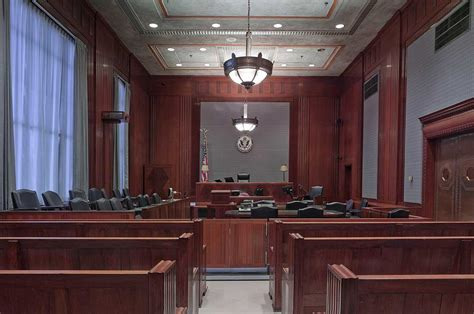your reliable and cost-effective legal solutions


Civil litigation encompasses a wide range of disputes between several parties. The disputes can be resolved in court or out-of-court through negotiation/mediation.
Civil litigation is very broad; but some aspects can help define it, such as the parties in dispute; the remedy sought which is usually monetary compensation; and the specific process involved that gives the parties opportunity to advance their case and work towards resolution.
While it is impossible to capture the entire scope of Civil litigation matters, the claims may involve:
Property related claims, such as disputes over buying, selling or renting a property; disputes over property boundaries and construction defects;
Contract claims;
Personal injury claims where an individual is seeking compensation for physical, emotional and other losses encountered as a result of intentional or negligent actions;
Employment claims, such as wrongful termination, discrimination, harassment and breach of contract;
Commercial/business claims
Whether you are seeking compensation for a car accident, a property dispute with a neighbour, or a breach of contract, we are here to assist you.




Alternative Dispute Resolutions:
Negotiation/Conciliation/Mediation
Alternative dispute resolutions encompass negotiation, conciliation, and mediation.
Negotiation involves communications between the parties advocating for their own interests, while conciliation and mediation requires the assistance of a neutral third-party. All approaches are consensual.
These means of resolving disputes have traditionally occurred out of the court; but the court system has implemented mediation steps in its processes to help the parties solve their disputes.
Advocacy: Litigation and Arbitration
Litigation or arbitration occur when the parties have failed to reach an amicable consensus. While litigation is within the court, arbitration is out of court, with a neutral third party chosen by the parties to act as a judge.
The arbitration is less formal and has great advantages in terms of costs, speed, predictability and privacy. However, the arbitration award which is the legally binding decision issued by an arbitrator as a result of the process is not appealable, except in very limited circumstances. In the opposite, the judge's decision in litigation process can be challenged in appeal review.
CM Legal Services
Providing reliable legal services at affordable rates, in your preferred language.
Contact Detail
#203, 767 Barry Downe Rd
Sudbury, ON P3A 3T6
P: 705-918-4430
F: 705-419-0205
